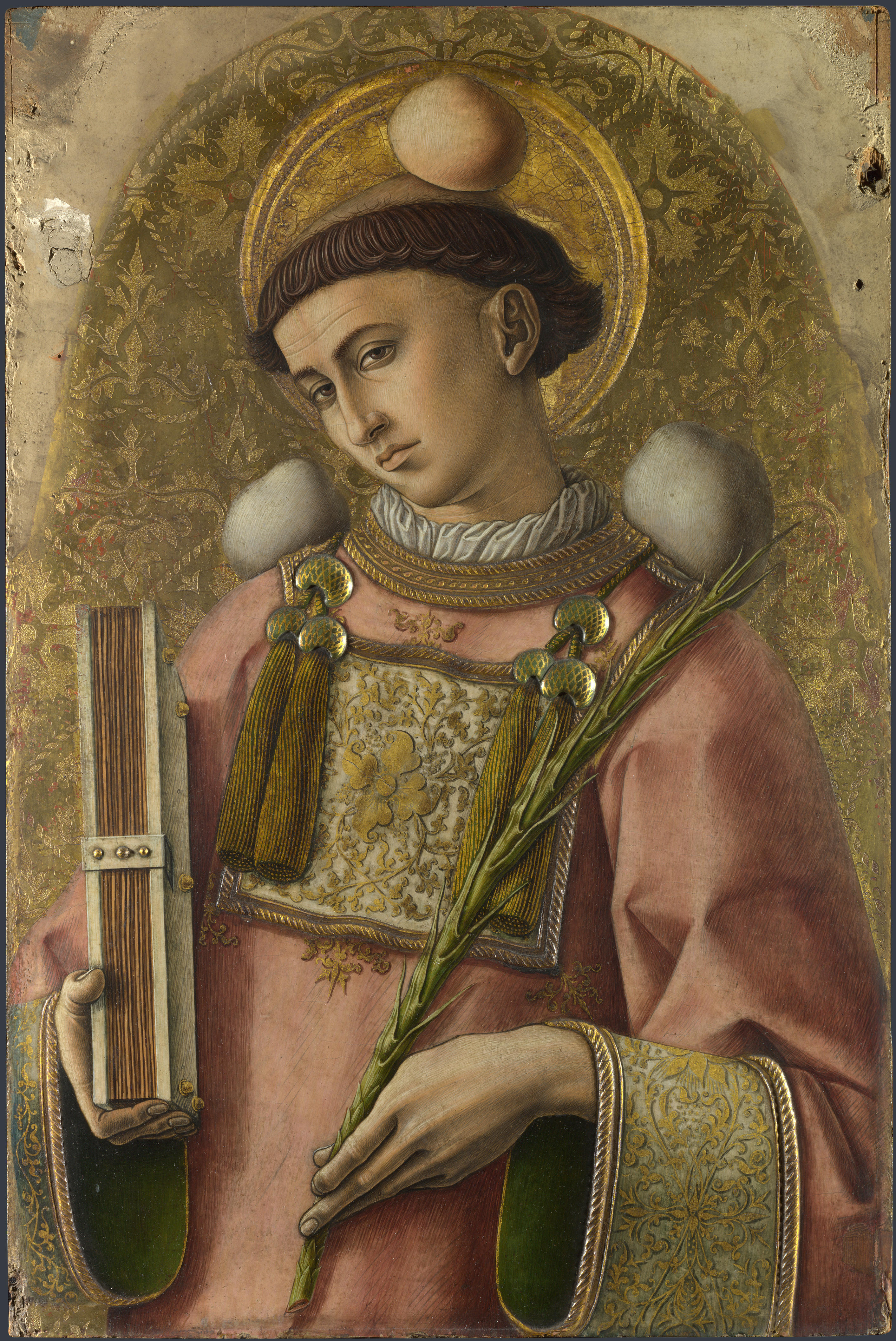Perhaps because in the UK the 26th December is a bank holiday, that like this year sometimes falls on a Sunday and liturgically then becomes the 2nd Sunday of Christmas, the celebration of the feast of St Steven has fallen largely into disuse.
In medieval times it was a feast of some significance , especially in continental Europe, yet surprisingly there is little music dedicated to the feast. Of the pieces I am most familiar with are masses composed by the English composers Ludford and Sheppard. Of the first composer, Missa Stephanum Lapidaverunt, is one of his festival masses, and a wonder to listen to but with a 12 minute long Gloria and at times almost impenitrable polyphony of 10 parts hardly practical. Sheppard’s mass is perhaps more accessible in as much as the movements are around 4 minutes a piece, and therefore more liturgically useful and textually audible.
Sheppard’s other work to accompany the feast is the motet Steven First After Christe, a piece of contrafractum. For those unfamiliar with contrafractum, they are compositions often considered parts of a longer piece, which was often sung antinphonally and the contrafrtactum itself is the verse to which the response is sung, and many of them are the only parts that have survived becauyse they stand as short mnotets in their own right. Usually composed for 3 voices, it would likely have been written in a time signature refered to as “Perfect Time” and indicated not with the usual 3/3 time signature but by a small circle next to the key signature. All of this use fo the “3” of course was a reference to the Trinity, hence the allegory with perfection and continuity.
Steven First After Christe of course refers to the proximity of the feast to Christmas Day, but also has the double meaning of the signifcance of the feast in some territories, and it would be nice to see it once again be a feast of porominance.

